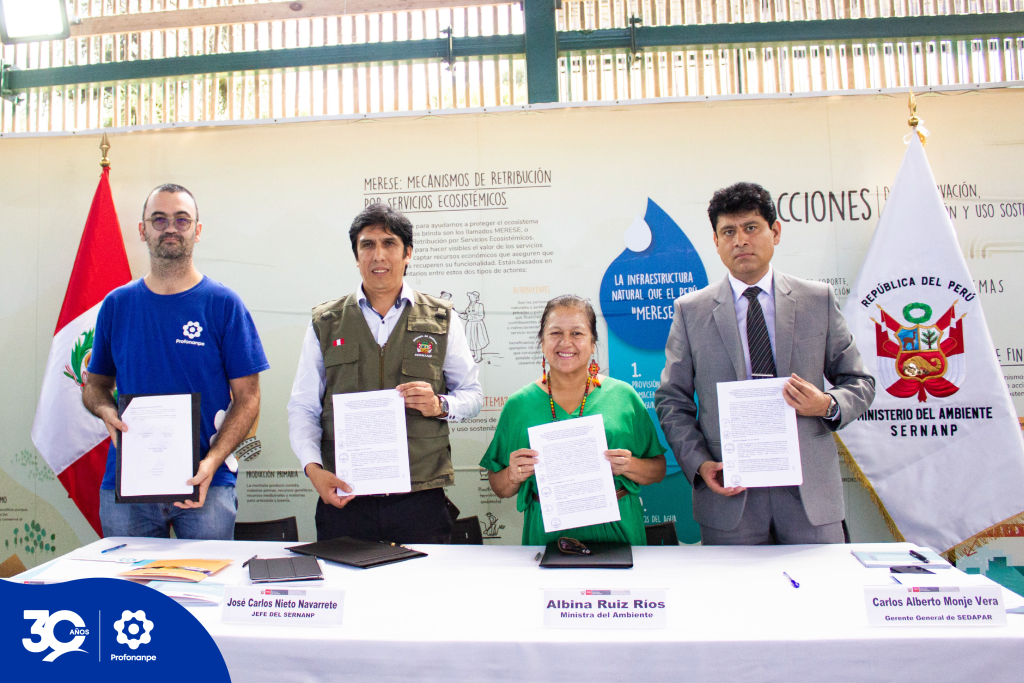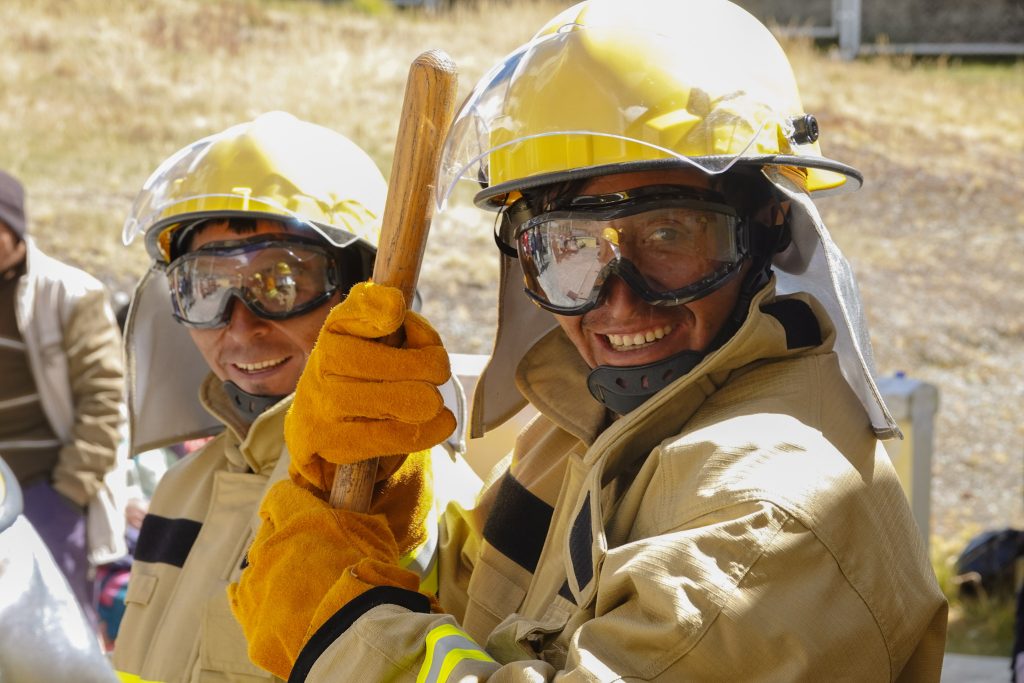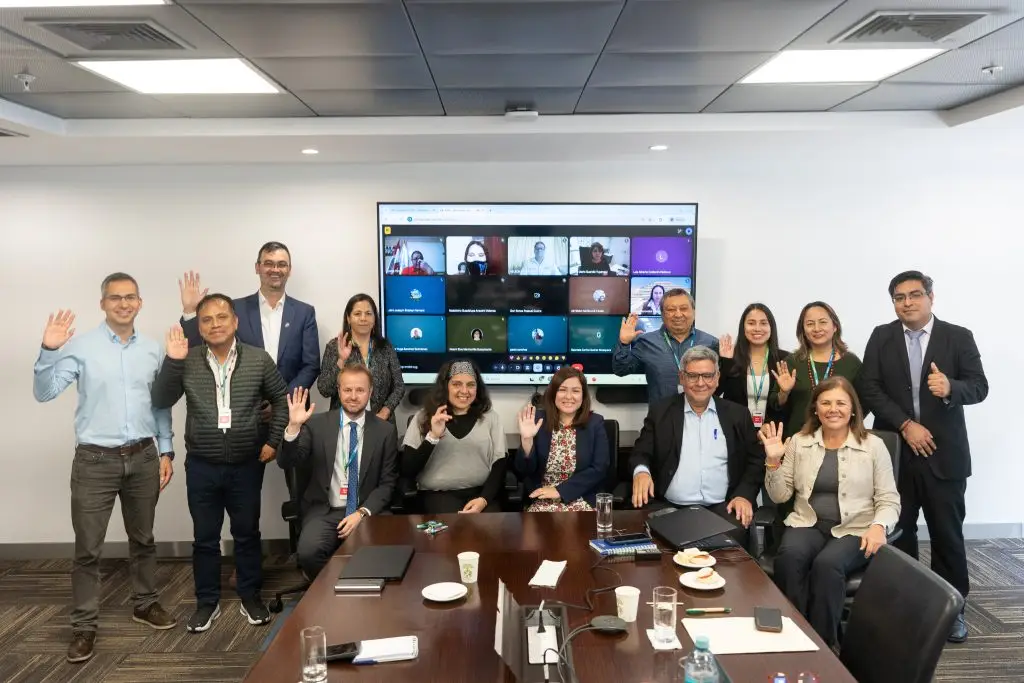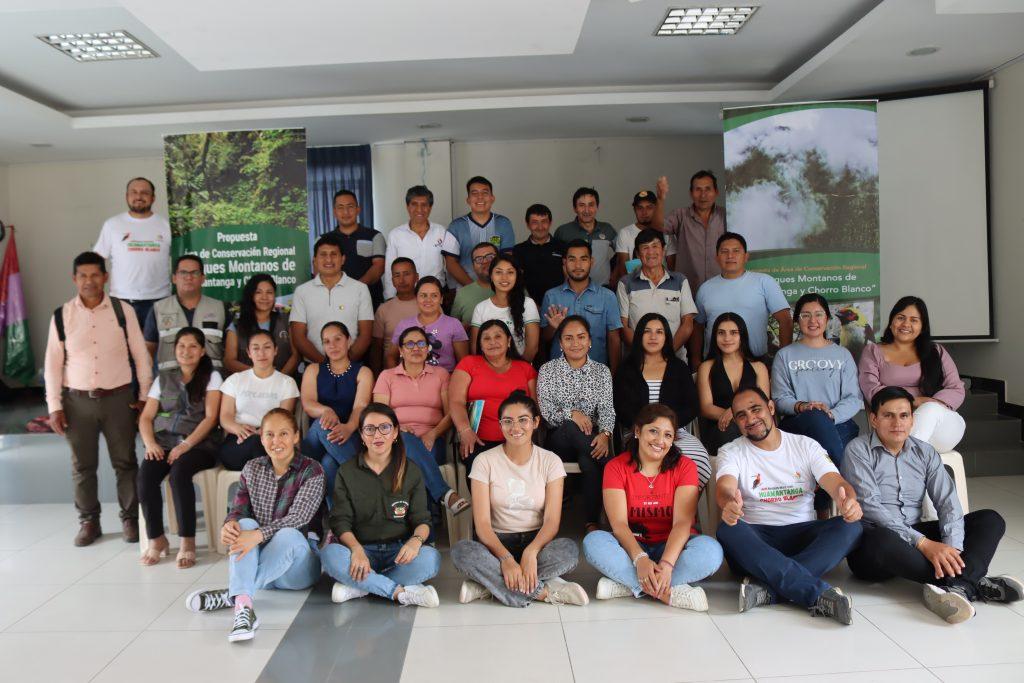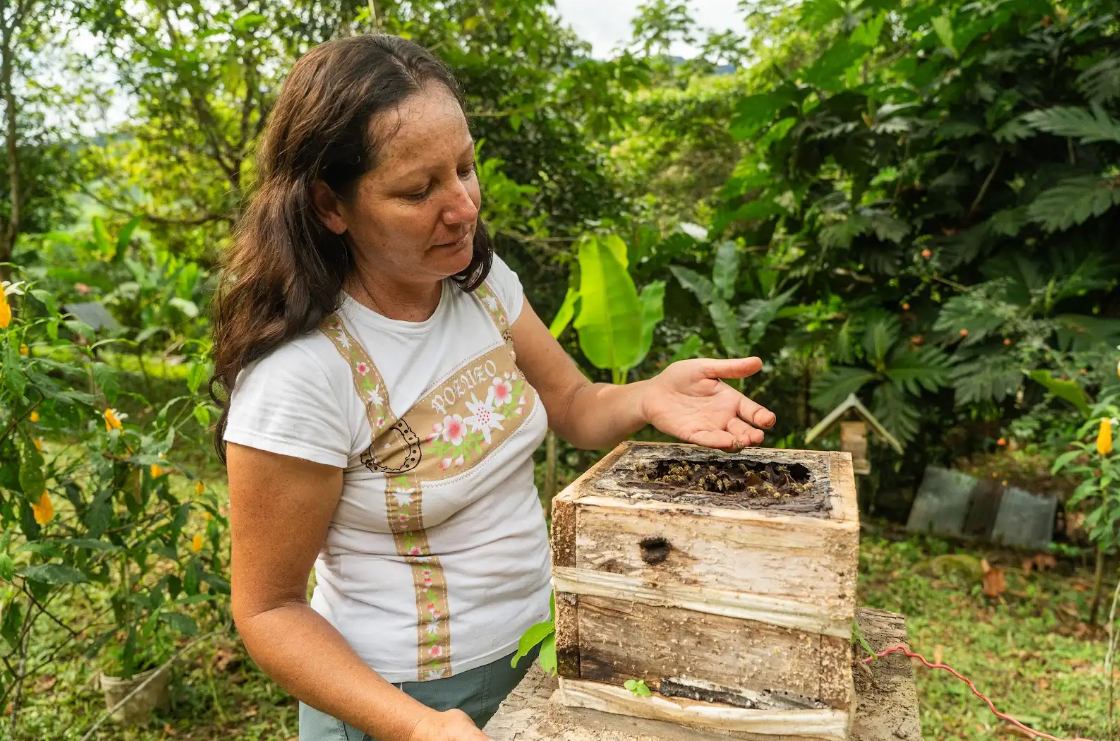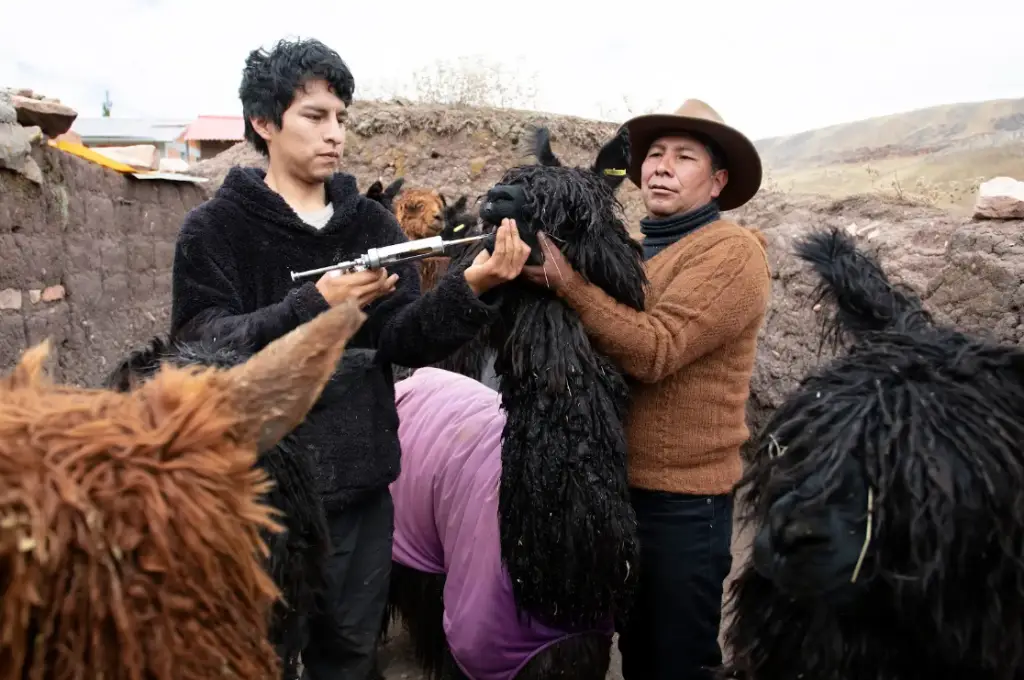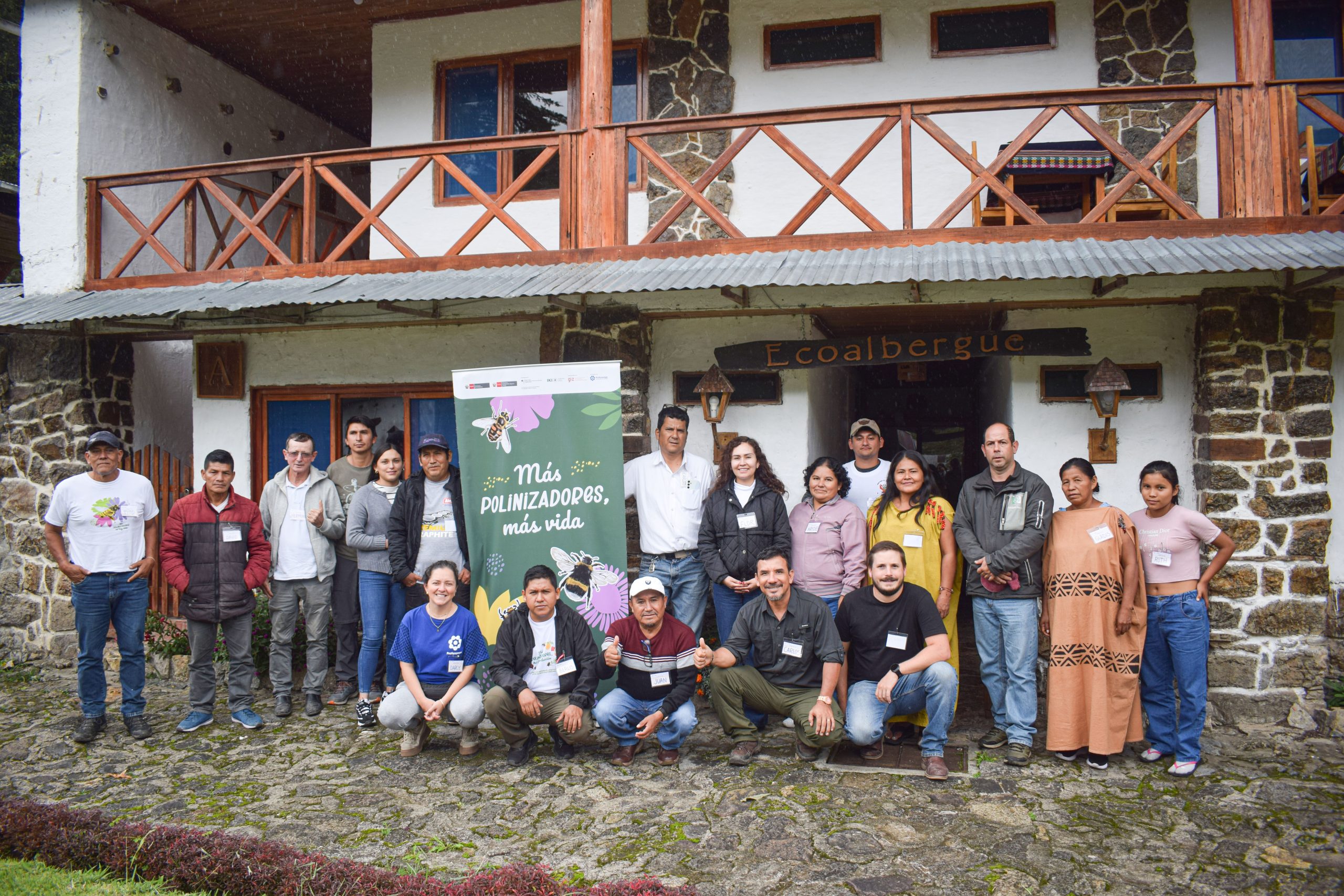This Friday, March 24, the MRSE agreement was signed, through which one and a half million soles will be allocated to carry out conservation actions for the ecosystems that generate water resources in the Salinas y Aguada Blanca National Reserve (RNSAB), located in the departments of Arequipa and Moquegua. The agreement was signed at the Voices for the Climate ecological park and brings together the work of Sernanp, Sedapar and Profonanpe.
The MRSE agreement constitutes a mechanism for financial sustainability and guarantees the use of constant economic resources over time. This is the second MRSE agreement signed in the reserve; and it is the first time that Profonanpe, Peru’s environmental fund, will participate as fund manager on behalf of Sernanp and Minam.
John Machaca Centy, head of the Salinas y Aguada Blanca National Reserve, thanked the various authorities for their participation and emphasized the importance of joint action and the search for strategic alliances to guarantee the financial sustainability of the area and to recognize the efforts of this work, which has improved the living conditions of the population.
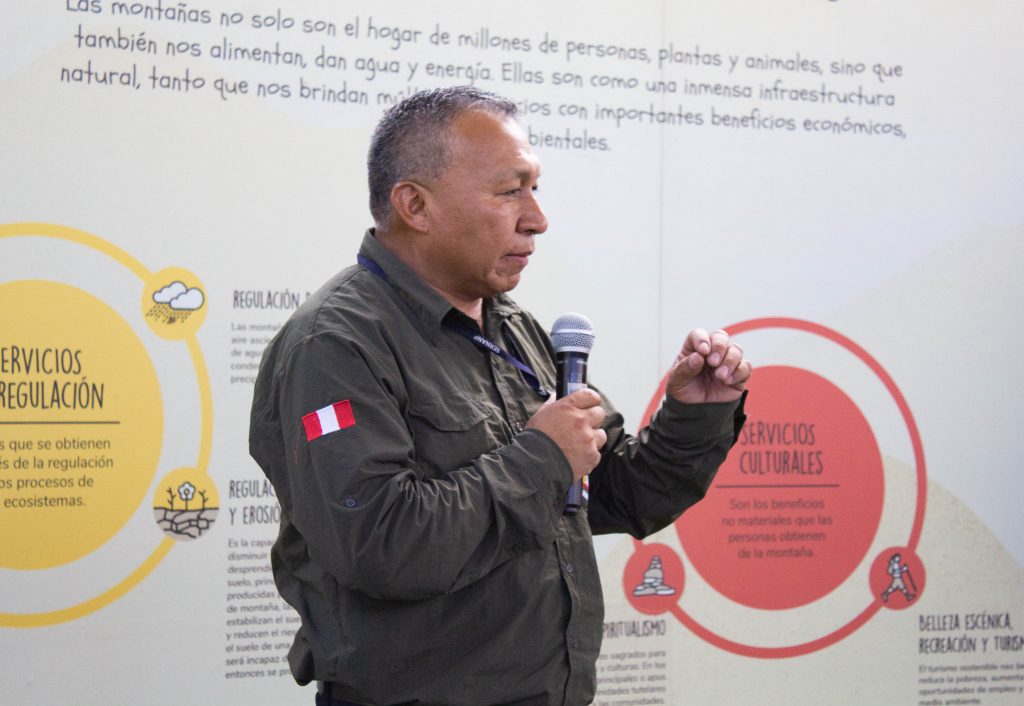
On behalf of Sedapar, Carlos Alberto Monje Vera, General Manager of the institution, was present and emphasized that the financing of this initiative comes from Sedapar users, who contribute in their water bills and that, with only 1.4% of their contribution, it has been possible to finance this project for one and a half million soles. In this way, the population can see that their contribution has a direct impact on the conservation of natural resources and sanitation.
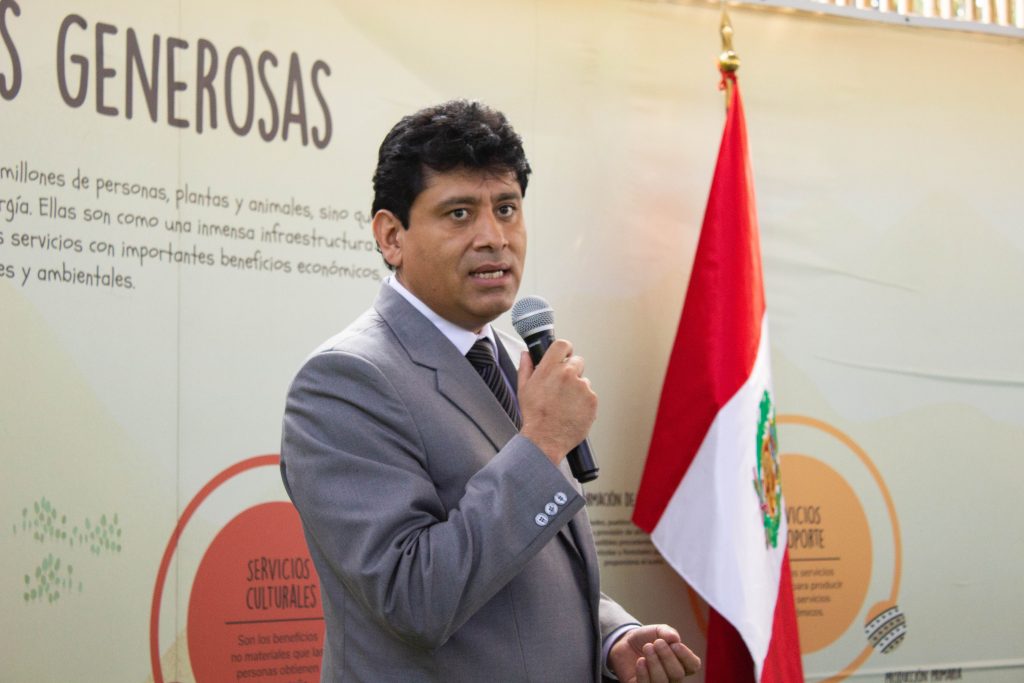
The signing of the MRSE agreement for the conservation of the RNSAB is an important step towards strengthening effective management, governance and the territorial development approach. Anton Willems, Executive Director of Profonanpe, highlighted the role of the organization as administrator of the funds and made a call in the face of the current climate crisis: “The regulation and design of public policies based on scientific evidence become concrete actions to benefit people in vulnerable ecosystems that depend on inputs such as water, as in the case of the city of Arequipa.”
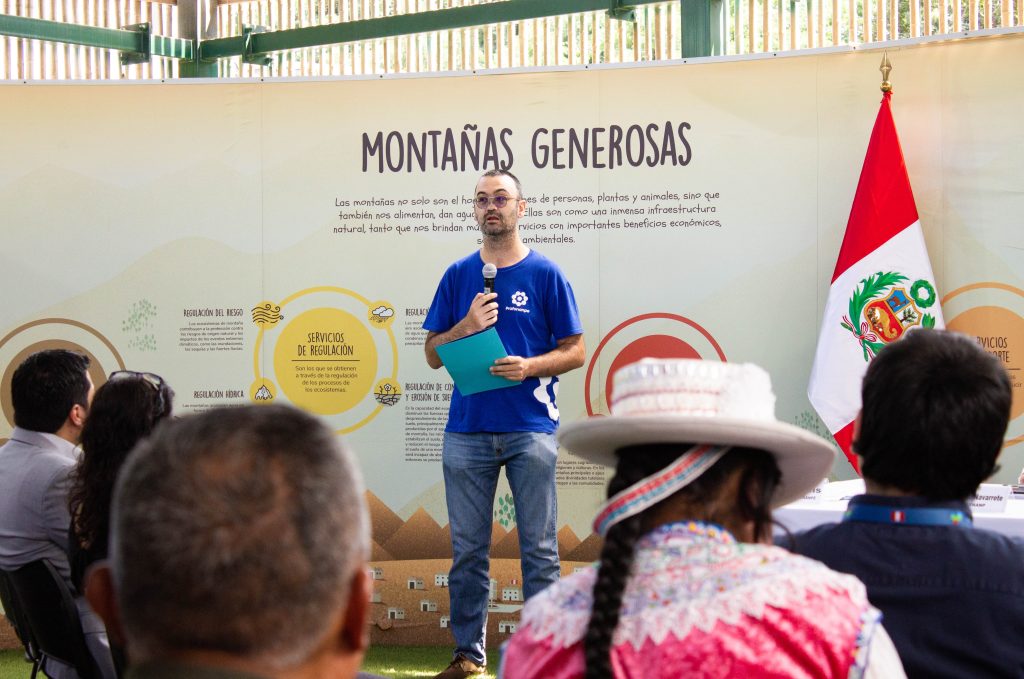
José Carlos Nieto Navarrete, head of Sernanp, expressed his appreciation for Sedapar’s provision of 1.5 million soles to work this year. He added that this design is the result of joint work between companies and populations, and that MRSE not only supports conservation and diversity, but also contributes to guaranteeing the quality and quantity of water in the communities.
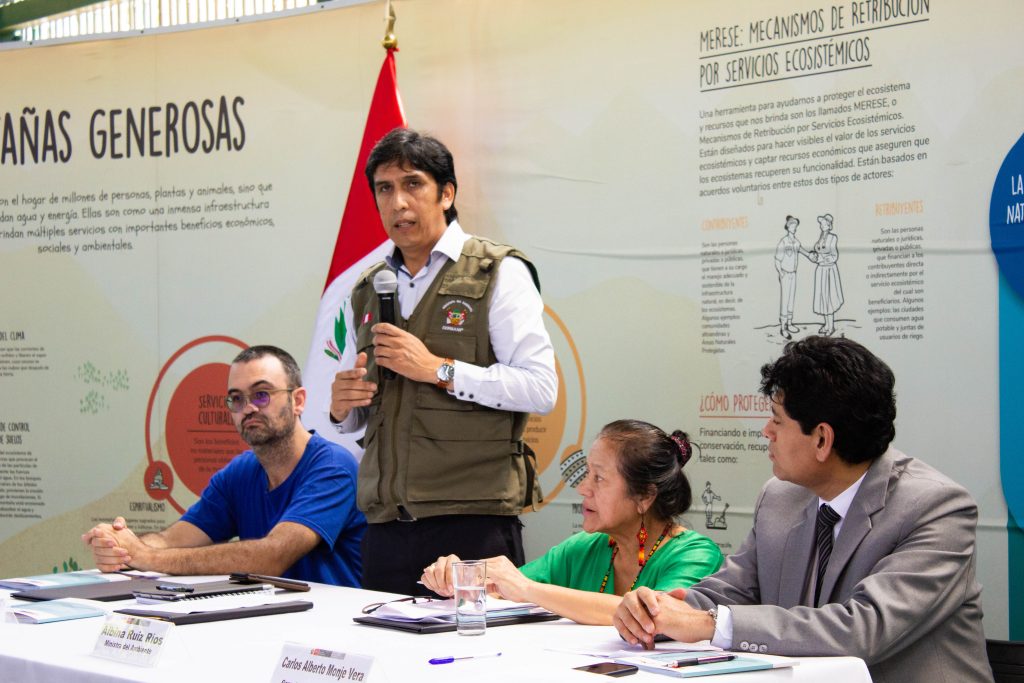
Finally, the Minister of the Environment, Albina Ruiz, highlighted the collaboration between local, regional and national authorities to achieve the goals of conservation and redistribution of resources to the populations in the natural protected areas: “Sernanp has a long history of working with the community, because it has understood that the only way to move forward is to incorporate, working hand in hand with you, with the population that is inside; but also in the buffer zones. It is not possible to guarantee water in the cities if we do not work and take care of the headwaters of the basins.”
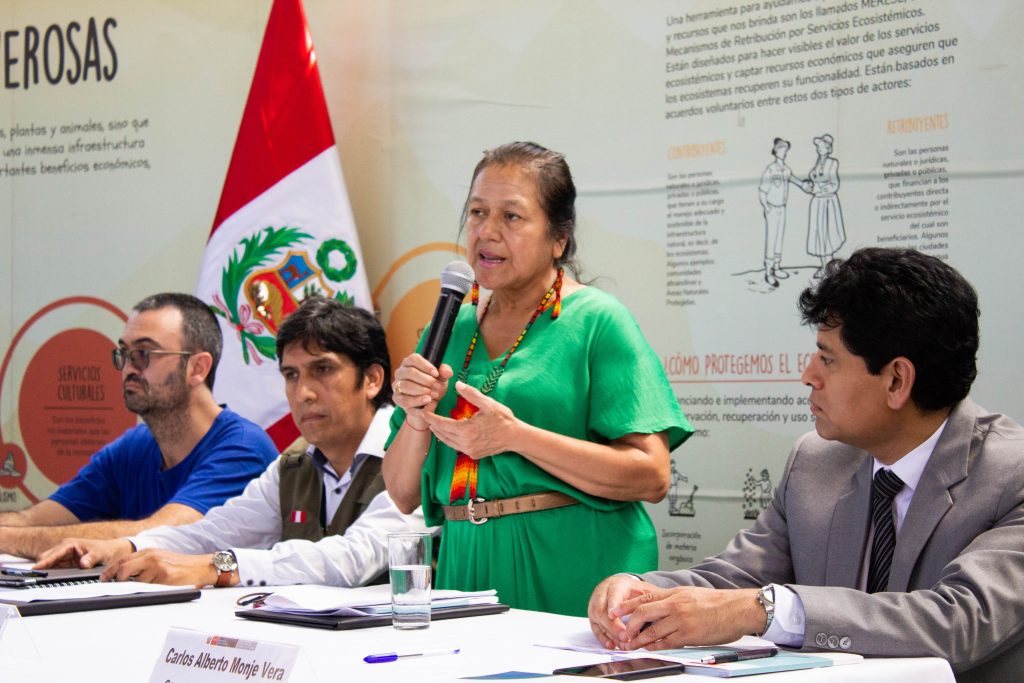
ABOUT THE MRSE AGREEMENT
Mechanisms of Rewards for Ecosystem Services (MRSE) are tools for investing economic resources in the conservation, recovery and sustainable use of ecosystems that provide key services to the population.
Sernanp is empowered to establish MRSE with the people and companies that take advantage of these ecosystem services, thus contributing to the financial sustainability and the achievement of conservation and sustainable development objectives of the PNAs.


